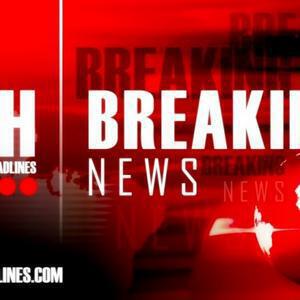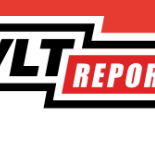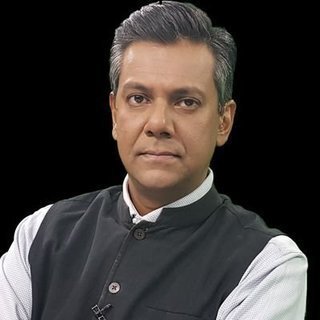- President Donald Trump warned Iran of a “massive retaliatory strike” if they attempt to assassinate him. Trump issued the warning while signing an executive order reimposing sanctions on Iran.
- The sanctions revive Trump’s “maximum pressure” campaign against Tehran, amid ongoing threats against Trump and former administration officials.
- Trump expressed willingness to pursue diplomatic talks with Iran, seeking a “verified nuclear peace agreement” and calling for immediate negotiations.
Full Story
President Donald Trump said he has issued orders for the U.S. military to launch a massive retaliatory strike on Iran if he is assassinated. Speaking at the White House while signing an executive order to reimpose sanctions on Tehran, Trump warned that Iran “would be obliterated” if it carried out an attack against him.
“If they did that, they would be obliterated,” Trump said. “That would be the end. I’ve left instructions. If they do it, they get obliterated. There won’t be anything left, and they shouldn’t be able to do it. And Biden should have said that, but he never did. I don’t know why. Lack of intelligence, perhaps.”
Sanctions reimposed on Iran
The executive order restores elements of Trump’s previous “maximum pressure” campaign against Iran, reimplementing sanctions lifted under past agreements. The move follows ongoing concerns over Tehran’s nuclear ambitions and its activities in the Middle East.
U.S. officials have tracked Iranian threats against Trump and other former administration officials for years. Some of those officials, including former Secretary of State Mike Pompeo and former National Security Adviser John Bolton, had their government security details revoked after Trump returned to office.
Iranian threats and past tensions
The Justice Department previously charged an Afghan national, Farhad Shakeri, with allegedly conspiring with Iran to assassinate Trump before the 2024 presidential election. Shakeri remains at large in Iran, according to U.S. authorities.
Iran has long vowed retaliation for the 2020 killing of Qassem Soleimani, the commander of the Islamic Revolutionary Guard Corps’ Quds Force, who was killed in a U.S. airstrike ordered by Trump. Iranian authorities have sought criminal charges against Trump, Pompeo and former CENTCOM Commander Kenneth McKenzie over the operation.
Trump suggests diplomatic talks still possible
While promising harsh consequences for any attempt on his life, Trump also signaled openness to negotiations with Tehran.
“The Iran situation, hopefully … I’m going to sign it, but hopefully we’re not going to have to use it very much,” he said. “We will see whether or not we can arrange or work out a deal with Iran and everybody can live together, and maybe that’s possible and maybe it’s not possible. So I’m signing this, and I’m unhappy to do it, but I really have not so much choice because we have to be strong and firm. And I hope that it’s not going to have to be used in any great measure at all.”
Iran rejects US sanctions and military threats
Iran dismissed Trump’s comments. Foreign Minister Abbas Araghchi called the policy a “failed experiment” and stated that the reimposition of sanctions would “end in failure,” as it did during Trump’s first term.
Despite escalating tensions, Trump later denied reports that the U.S. and Israel were planning a military strike on Iran, saying he preferred to negotiate a new nuclear deal instead.
Trump calls for new nuclear agreement
Trump posted on Truth Social expressing his desire for a “verified nuclear peace agreement” and urged immediate talks with Iran.
“I want Iran to be a great and successful Country, but one that cannot have a Nuclear Weapon. Reports that the United States, working in conjunction with Israel, is going to blow Iran into smithereens, ARE GREATLY EXAGGERATED.”
The statement followed a meeting with Israeli Prime Minister Benjamin Netanyahu, where both leaders reaffirmed their commitment to ensuring Tehran never acquires a nuclear weapon.
Iran expresses concerns over Israel’s role in negotiations
Iran’s foreign minister maintained that “maximum pressure” had failed before and would fail again.
Iranian President Masoud Pezeshkian downplayed the impact of sanctions, calling Iran a “powerful, resource-rich country” that could navigate economic challenges.












































































